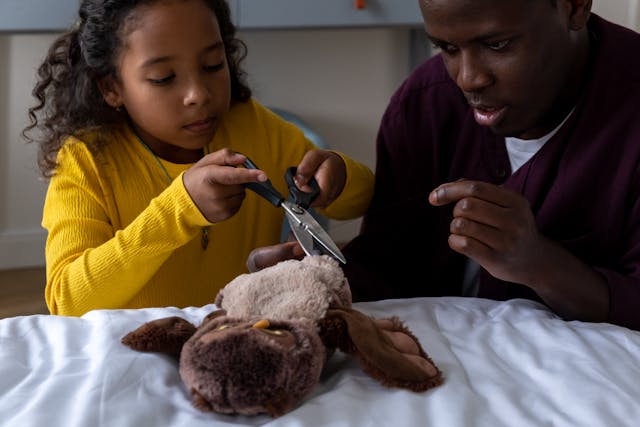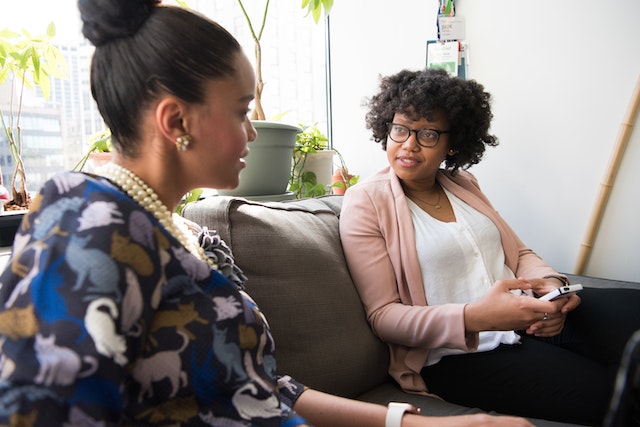Every parent wants to arm their children with a toolbox full of tips and lessons that will help them successfully navigate their journeys towards adulthood. In the new PBS Kids series Lyla in the Loop, Lyla’s parents Lydia and Louis help their children creatively tackle their problems on a daily basis. Well, the experts at PBS.org have a few tips for parents outside of Lyla’s world to help kids become better problem-solvers in real life!

Validate emotions
First and foremost, it is important to validate children’s emotions when they are facing a problem-solving moment. They may be scared, frustrated, or even afraid, but if they know that you have their back, that can make a world of difference and the journey will be a little easier to navigate from the start.
Acknowledge that problems are a part of daily life
Let children know that problems are a part of daily life and that there is nothing that they should fear. Ensure that they know that everyone has and will have some sort of problem in their lives everyday. Make sure that they know that problems cannot be avoided and must be tackled. It is important that children know that all problems can be solved.

Break down problems into smaller steps
Help children understand that problems don’t necessarily have to be tackled all at once. Make sure that they know that trying to tackle a big problem in one swoop, many times is an impossible task. It does not work. They need to understand that attempting this could potentially make them feel overwhelmed. Teach children to break down problems into smaller manageable plans. Breaking down problems this way helps children not see them as big insurmountable mountains. By doing this, children will begin to understand that problems don’t have to be tackled all at once and can be rectified if you take things one baby step at a time.
Think through creative solutions together
As the old saying goes, “two heads are better than one!” First find out if they are open to your suggestions and brainstorm creative problem-solving ideas together. It is important here to let your child take the lead with their ideas. Remember, it is their problem and you are allowing them to solve it only with your guidance.

Developing solid problem-solving skills is a necessity for any child as they healthily develop into adults. Remember, encouraging problem-solving skills in children demands patience and effective communication from parents. By applying these strategies to tackle life’s daily challenges, children will learn to handle emotional reactions and problem-solve like a pro, just like Lyla in the Loop!







